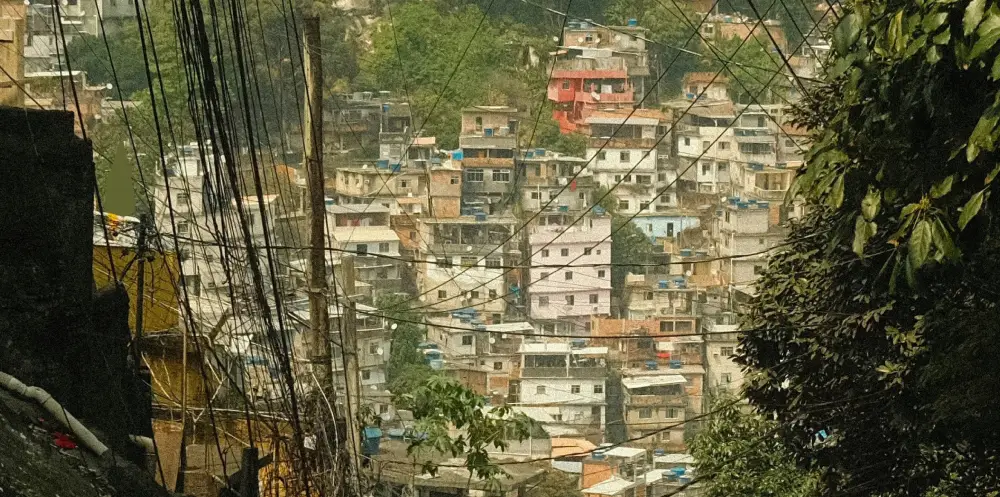La continuidad de negocio es la línea común entre el presente y el futuro que permite convertir la incertidumbre en una ventaja competitiva.
Últimos Trends & Insights

Panorama de (In)seguridad en España
Panorama de (In)seguridad en España: análisis prudente de los datos de criminalidad, tendencias y riesgos, con informes de Prosegur Research y la UFV
Delincuencia | Futuro 29 de octubre 2025 share

Panorama de inseguridad en Chile
Tradicionalmente Chile es considerado uno de los países más seguros de América Latina. No obstante, el panorama de la criminalidad ha experimentado cambios significativos en los últimos años y su tendencia de crecimiento es hoy innegable.
Delincuencia | América 12 de agosto 2025 share
.webp)
La inseguridad percibida por el sector empresarial en América Latina
La percepción de inseguridad, entendida como la sensación o creencia subjetiva que tienen las personas sobre cuán inseguro es su entorno, está profundamente arraigada en América Latina, limitando el desarrollo de una región con alto potencial de crecimiento.
Delincuencia | América 30 de julio 2025 share

Visión artificial: lo que una máquina puede ver
La visión computacional, integrada responsablemente, promete transformar nuestra realidad cotidiana, siempre que estemos preparados para acompañar su crecimiento desde la ética, la transparencia y la seguridad.
Futuro | Innovación 11 de julio 2025 share
Nuestra visión
Prosegur Research es un espacio de análisis y reflexión sobre el presente y futuro de la seguridad. Queremos compartir nuestras experiencias, producir conocimiento apoyados en expertos internos y externos, y contribuir a la difusión de la cultura de seguridad.

Prosegur en el mundo
Entidades
Contamos con la colaboración de la Fundación para la Investigación Aplicada en Delincuencia y Seguridad (FIADyS)















.webp)
.png)